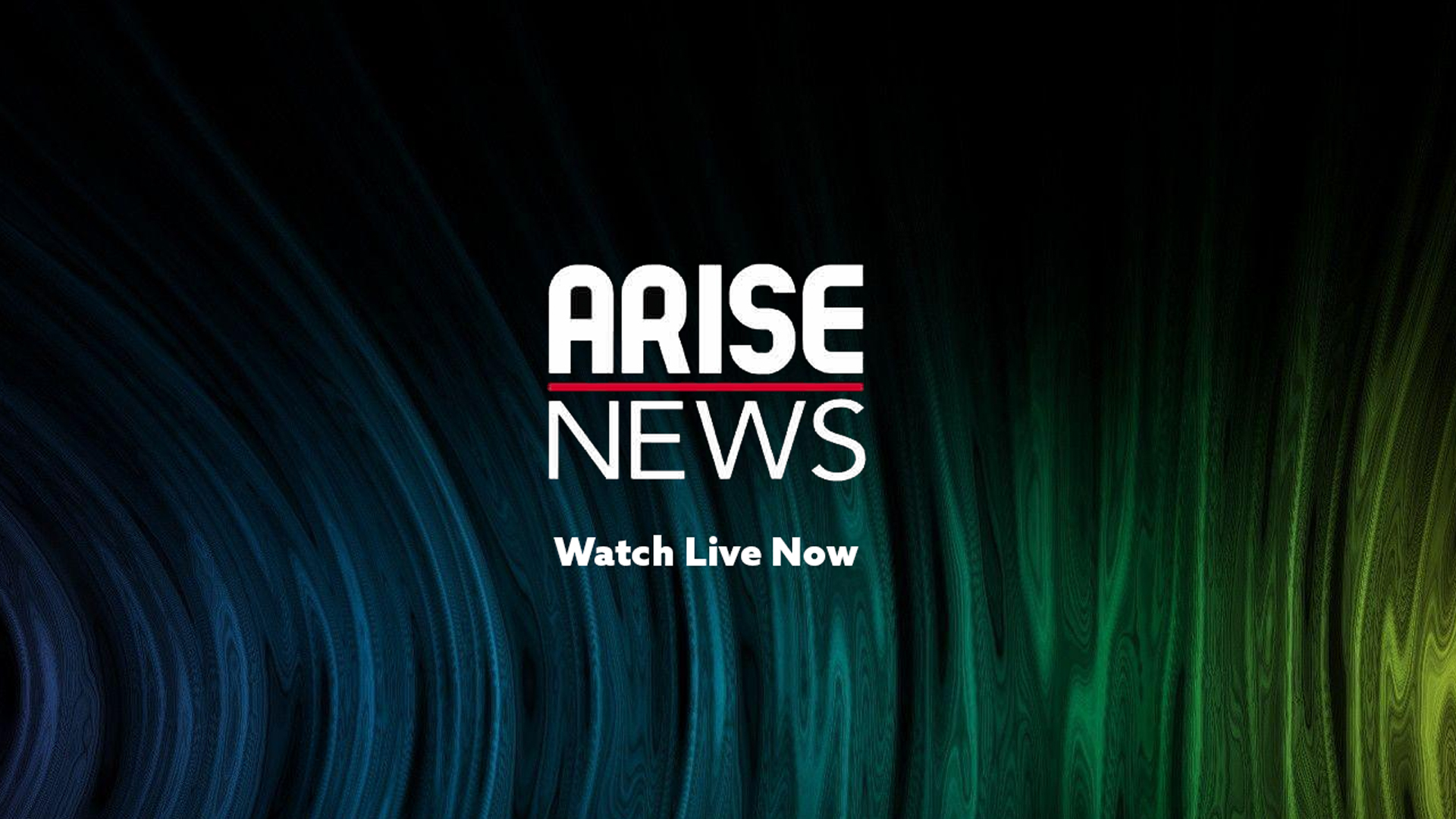Republican Candidate, Donald Trump, is requesting that the judge in his New York hush money case postpone his sentencing until after the November presidential election.
In a letter released on Thursday, Trump’s legal team, representing the former president and current Republican candidate, argued that sentencing him on September 18 approximately seven weeks before the election would constitute interference with the election process.
Trump’s attorneys noted that a delay would also give Trump time to consider his options after the trial judge, Juan M.
Merchan, is expected to decide on September 16 whether to dismiss the case based on a U.S. Supreme Court ruling from July concerning presidential immunity.
“There’s no reason to continue rushing this process,” wrote Trump’s lawyers, Todd Blanche and Emil Bove.
Blanche and Bove sent this letter to Merchan on Wednesday, following the judge’s denial of their latest motion requesting he recuse himself from the case.
In their letter, the attorneys reiterated their claim that the judge has a potential conflict of interest because his daughter works as a Democratic political consultant, including for Kamala Harris during her 2020 presidential campaign. Harris is now opposing Trump.
By delaying the sentencing until after the election, “the Court would lessen, if not remove, concerns about the fairness of any future proceedings,” the attorneys argued.
Although Election Day is on November 5, many states allow early voting, with some starting just before or after Trump’s scheduled sentencing date on September 18.
Merchan, who has expressed confidence in his ability to remain impartial, has not yet ruled on the request for a delay.
The Manhattan district attorney’s office, which brought the case against Trump, declined to comment.
In May, Trump was found guilty of falsifying his business records to hide a 2016 payment to porn actress Stormy Daniels, intended to keep her quiet about an alleged 2006 sexual encounter. Prosecutors argued that this payment was part of a broader effort by Trump to prevent voters from hearing damaging stories during his first presidential campaign.
Trump maintains that all the allegations are false, that the business records were accurately recorded, and that the case is a politically motivated attempt to harm his current campaign. Manhattan District Attorney Alvin Bragg is a Democrat.
Trump’s defense claimed that the payments were legitimate legal expenses and were therefore properly documented.
Falsifying business records can result in a sentence of up to four years in prison. Other possible penalties include probation, a fine, or a conditional discharge, which would require Trump to avoid further legal trouble to avoid additional punishment. Trump is the first former U.S. president to be convicted of a crime.
Trump has vowed to appeal, but he cannot do so until after sentencing.
In an earlier letter, Judge Merchan had set September 18 as the date for either sentencing or other appropriate legal actions.
Blanche and Bove argued in their request for a delay that it would be unfair to Trump to have such a short time between the scheduled immunity ruling on September 16 and the sentencing just two days later.
To prepare for sentencing, the lawyers said, prosecutors will be submitting their punishment recommendation while Merchan is still deciding whether to dismiss the case on immunity grounds. If Merchan denies Trump’s dismissal request, Trump’s legal team will need “sufficient time to evaluate and pursue state and federal appellate options,” they said.
The Supreme Court’s immunity ruling limits the prosecution of former presidents for official acts and restricts the use of such acts as evidence in cases involving unofficial actions. Trump’s lawyers contend that, given this ruling, the jury in the hush money case should not have been presented with evidence such as testimony from former White House staffers about Trump’s response to media coverage of the Daniels payment.
Follow us on:

















